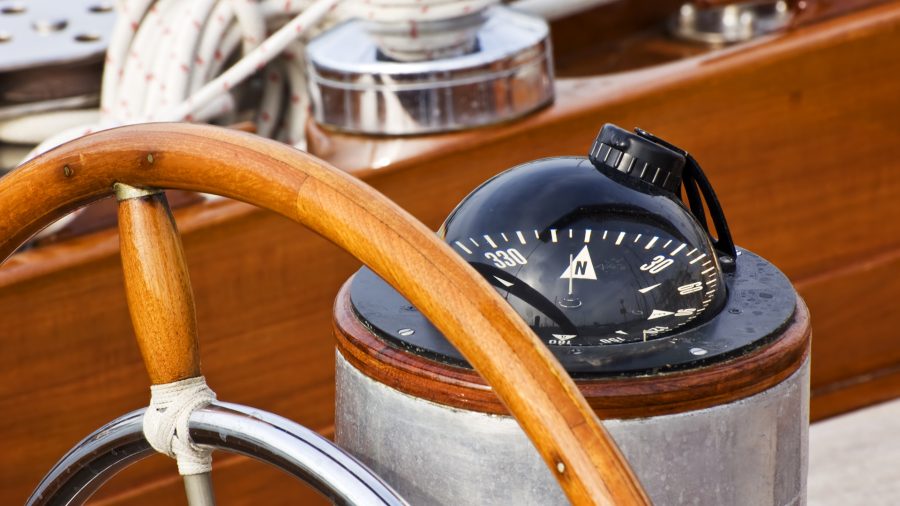While burnout is classically defined as exhaustion, cynicism, and inefficacy, it’s inefficacy that drives burnout. When you don’t have control, you can’t feel effective. So, when you don’t have control, how do you stay out of burnout?
Control as an Absolute
We tend to see things in black and white. It’s either on or it’s off. We have control, or we have no control. However, the truth is that the control we have is always just a degree of influence. When we have a large degree of influence, we feel as if we’re in control of the situation. However, there are always forces outside your sphere of influence that may get in the way.
We say that we’re in control of our car while driving. However, the truth is that patches of ice, snow, or other vehicles may impact our ability to “control” our car. Most people who’ve driven a boat or plane inherently have a sense for the degree to which they influence the craft – rather than the degree to which they control it.
The first thing we must do when we’re fighting burnout with a lack of control is to recognize that there is no thing called “control.”
Measuring Influence
Once we’ve let go of the illusion of control, we can begin to look at our degree of influence. We may have a large degree of influence as in the normal case of driving a car and a lesser degree when piloting an airplane or boat. So, when determining whether we’re effective, we need to assess how much influence we do have – and how much we expect to have.
No one would have expected that Mahatma Gandhi would have led a peaceful revolution. He had nothing sufficient to draw upon to reach the outcomes that he wanted – however, through his persistence, he accomplished the labor reforms that he sought for the Indian people. A self-described shy and quiet man accomplished a revolution. How much influence did he have? A great deal. How much should he have had? Not as much.
When Rosa Parks made the decision in exhaustion to not give up her seat on the bus, she became the flashpoint for a civil rights movement. Her relationships helped connect her cause with a young, capable orator-preacher by the name of Dr. King, who would use Parks’ citation as a tool to free black Americans from what might be called second slavery. Did Parks or King singularly have much influence before this event? Some to be sure, but they were able to create huge influence – but only through perseverance. Most people have forgotten that the Montgomery Bus boycott lasted 381 days.
What You Can Control
That may seem all well and good for a few isolated historical cases, but what about you and your control of your own burnout? The answer is in the question. If you want to prevent burnout while you’re in a situation you have no control over, find the things that you do have control over – and control them. Influence your thoughts and behaviors in ways that are life-giving to you, and create the opportunities to stand at the moments when history can be made.
You may be thinking that you’re just a nobody. Someone who can’t make big things happen. However, everyone above were ordinary people. They just wanted to go to work and take care of families – until they were moved by a passion. They harnessed this passion to control what they did, and in doing so created more change and demonstrated more efficacy than anyone could have ever imagined.


No comment yet, add your voice below!